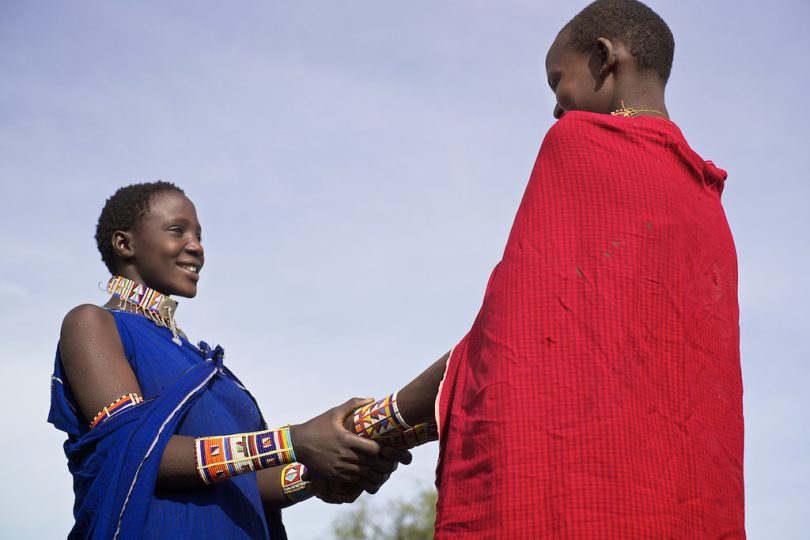4.HABARI
Literal MEANING
Habari literally means ” News ” . When someone greet you by using this greeting, they literally want to know “news” about you; what’s happening in your life, is it well about you or not. Normally in it’s application its equivalent to “how are you ? “
Hence, it still has same intention like every other greeting, that’s to know your state.
CONTEXT of Using ” Habari “
1. It can be used in any setting; official, social,business, political without invoking unprofessionalism.
2. It is modest greeting, meaning even a younger one can greet his elder by using this without causing moral discrepancies.
3. It’s neutral greeting when it comes to appropriate age group to use it to, one of the favourite to be used in all age groups.
4. When using “Habari” greeting, you normally need to specify the time, if you don’t specify the time in default it means you asking of now.
See Examples;
Habari za asubuhi ? / How is your morning ?
Habari za mchana ? / How is your afternoon ?
Habari za jioni ? / How is your evening ?
Habari za siku ? / How were you in all these days ? ( This is when you have long time without seeing each other .)
If you say just “habari?” It indicates now .
So unlike other previous greetings ( Jambo,Mambo, Hujambo ) which are silent about the time, Habari greeting usually indicates the time in particular.
RESPONSES
Positive Responses
Habari > Nzuri ( good )
Habari > Safi. (Nice)
These are positive responses, that’s means you are doing good, no bad news on your side.
Negative Responses:
Habari > Sio nzuri ( Not good )
Habari > Mbaya ( Bad )
These are negative responses, meaning it’s not well with you.
CONVERSATION Example.
Take these two people ; Juma and Uledi.
JUMA: Habari za asubuhi Uledi ?
How is your morning Uledi ?
ULEDI: Salama kabisa Juma, umeamkaje ?
/
I’m very fine Juma, how have you woke ?
JUMA: Nimeamka vizuri, namshukuru Mungu. Asubuhi njema.
ULEDI: Kabisa Juma, Mungu ni mwema, asubuhi njema pia.
/
Exactly Juma, God is good. You too have a good morning.
photo ©Flickr








It’s amazing to go to see this website and reading the views of all mates about this piece of writing,
while I am also eager of getting familiarity.
Karibu sana!
Wow, that’s what I was looking for, what a information! present here at this webpage, thanks admin of this web page.
You are welcome!
Thanks for finally writing about Swahili Greetings: